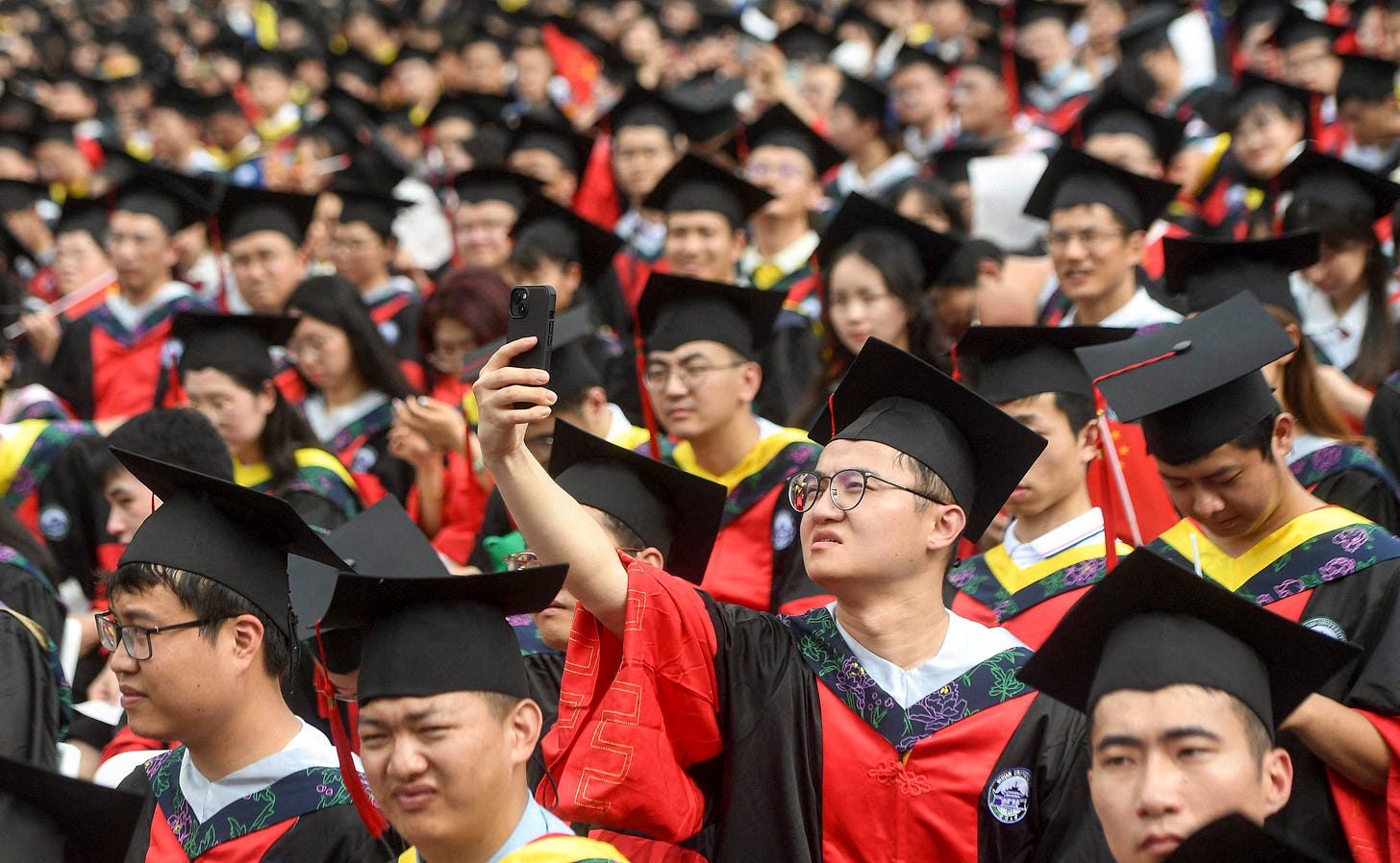China to Implement University entrance examination (Gaokao) for international students.
On Jan 26th 2019, The economist magazine published an article entitled: “Why China is lavishing money on foreign students?”1. The article stressed the financial support behind the study in China program which indeed was a great booster for international students to study in China. Take african stud…


